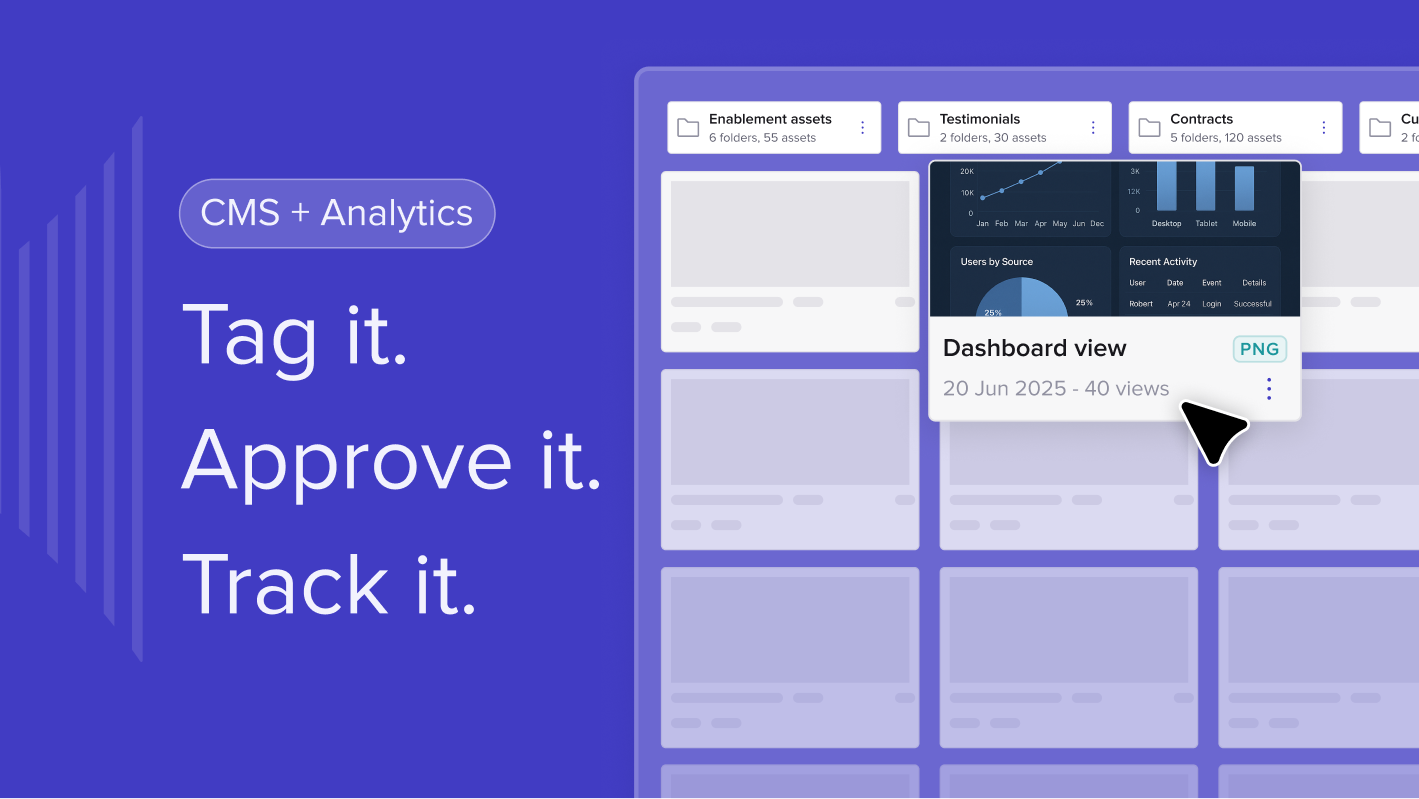Many sales pro’s find it challenging to gather crucial information while maintaining a positive rapport with potential customers.
In this article, we'll explore effective strategies to ask B2B sales call questions that uncover valuable insights without alienating your prospects.
You'll learn how to build rapport, smoothly transition into discovery questions, address timing and budget concerns tactfully, and uncover pain points without being pushy.
By mastering these techniques, you'll be better equipped to qualify leads, understand the buying process, and engage key decision-makers in meaningful conversations that drive sales success.
Start with rapport-building questions
Starting your B2B sales call with rapport-building questions is crucial to establish a positive connection with your prospect.
These questions help create a comfortable atmosphere and set the stage for a productive conversation.
1. Ask about their role and responsibilities
Begin by showing genuine interest in your prospect's position within the company.
You might ask:
"Could you tell me a bit about your role and main responsibilities?"
This question allows you to understand their perspective and tailor your approach accordingly.
2. Find common ground and shared interests

Look for opportunities to connect on a personal level.
You could ask about their experience in the industry or inquire about recent company news.
For example:
"I noticed your company recently launched a new product. How has that been going?"
This shows you've done your homework and care about their business.
3. Show genuine curiosity about their business
Demonstrate your interest in their company by asking thoughtful questions about their operations.
You might say:
"I'm curious to learn more about how your team handles [specific process]. Could you walk me through that?"
This not only helps you gather valuable information but also positions you as a partner rather than just a salesperson.
Remember, the key to effective rapport-building is to ask permission before diving into more direct questions.
For instance, you could say:
"Would it be okay if I asked you a couple of questions about your current processes? This will help me tailor our discussion to what's most important to you and your team."
By starting with these rapport-building questions, you create a foundation of trust and openness that will serve you well throughout the sales process and help you uncover valuable insights about the prospect's needs and decision-making process.
Tough vs. softer B2B sales questions
Transition smoothly into discovery questions
After building rapport, it's time to move into the heart of your B2B sales call: the discovery phase.
This transition is crucial for gathering valuable insights about your prospect's needs and decision-making process.
Here's how to make this shift smoothly and effectively.
1. Use bridge phrases like "I'm curious to learn more about…"
To seamlessly transition into discovery questions, use bridge phrases that show genuine interest in your prospect's situation.
For example, you might say:
"I'm curious to learn more about your current processes. Would it be okay if I asked a few questions to better understand your needs?"
This approach sets the stage for a deeper conversation without feeling abrupt or pushy.
2. Explain how your questions will help customise the conversation
Before diving into your discovery questions, explain how your inquiries will benefit the prospect.
You could say:
"To make sure our discussion is tailored to what's most important for you and your team, I'd like to ask a few specific questions. This way, we can focus on areas that are most relevant to your business. Is that alright with you?"
By providing context, you're more likely to get buy-in for your questions.
3. Ask open-ended questions to encourage elaboration

When you start your discovery, use open-ended questions to encourage detailed responses.
Instead of asking, "Do you have any challenges with your current system?"
Try this instead:
"Could you walk me through some of the main challenges you're facing with your current system?"
This approach invites the prospect to share more information, helping you uncover pain points and potential objections early in the sales process.
Remember, the goal of discovery questions is to understand the prospect's buying process, identify key decision-makers, and uncover needs that your product or service can address.
By transitioning smoothly and asking thoughtful questions, you'll gather valuable insights to guide your sales approach.
Address timing and budget tactfully
Inquire about their decision-making process to address timing and budget effectively. You might say:
"To make sure we're on the same page, could you walk me through how decisions like this are typically made in your organisation?"
This question helps you understand the steps involved and potential roadblocks.
1. Ask about ideal implementation timelines
Once you have a grasp of their process, inquire about their ideal timeline. You could ask them:
"Assuming we move forward, when would you ideally like to have this solution implemented?"
This question gives you insight into their urgency and helps you plan your approach.
2. Discuss budget ranges and flexibility
When it comes to budget, it's crucial to approach the topic carefully.
Instead of asking directly about their budget, you might say:
"Based on similar projects we've worked on, the investment typically falls within a certain range. Would it be helpful if I shared that with you?"
This approach provides context without putting the prospect on the spot.
Remember, the key is to frame these questions in a way that benefits the prospect.
By understanding their process, timeline, and budget constraints, you can tailor your solution to their needs and avoid wasting time on deals that aren't a good fit.
Always ask for permission before diving into these topics, and be prepared to explain how this information will help you serve them better.
Uncover pain points without being pushy
To uncover pain points without being pushy, start by asking about challenges in the prospect's current process.
You might say:
"Could you walk me through some of the main challenges you're facing with your current system?"
This open-ended question encourages the prospect to share more information, helping you identify potential pain points early in the sales process.
1. Inquire about the impact of those challenges
Instead of asking directly about impact, use a more subtle approach. For example:
"I'm curious, how have these challenges affected your team's productivity?"
This question allows the prospect to quantify the impact without feeling pressured.
2. Explore their ideal solution

After understanding the challenges and their impact, explore the prospect's ideal solution.
You could ask:
"If you could wave a magic wand and solve these issues, what would the perfect solution look like?"
This question helps you understand their needs and align your product or service with their vision.
Remember, the key to uncovering pain points without being pushy is to ask permission and frame questions in a way that benefits the prospect.
For instance:
"Would it be okay if I asked you a couple of questions about your current processes? This will help me tailor our discussion to what's most important to you and your team."
By using this approach, you create a foundation of trust and openness that will serve you well throughout the B2B sales process and help you uncover valuable insights about the prospect's needs and decision-making process.
Conclusion
Mastering the art of asking tough B2B sales call questions without scaring away prospects is a valuable skill that can have a significant impact on your success.
By building rapport, smoothly transitioning into discovery questions, addressing timing and budget tactfully, and uncovering pain points without being pushy, you can gather crucial information while maintaining a positive relationship with potential buyers.
Remember, the key is to approach these conversations with genuine curiosity and a focus on how you can help solve your prospect's challenges.
As you put these strategies into practice, you'll likely find that your sales calls become more productive and enjoyable for both you and your prospects.
Keep in mind that every conversation is an opportunity to learn and refine your approach.
So, why not give these techniques a try in your next sales call?
You might be surprised at how much more information you uncover and how much easier it becomes to move deals forward.

.svg)
.svg)
.svg)
.svg)
.svg)
.svg)
.svg)
.svg)
.svg)
.png)
.svg)
.svg)
.svg)
.svg)

.svg)
.svg)
%201.svg)
.svg)
%201.svg)



.svg)





















![How to Get Started with Buyer Enablement [With Examples]](https://cdn.prod.website-files.com/65cf4fecbed2754c2236665d/65cf4fecbed2754c22366bdb_65a5af83e742f76e34ce06f3_Customer%2520Onboarding%2520_%2520Everything%2520you%2520need%2520(2).png)
.png)



.png)



.png)








.png)


.png)

.png)
.png)







